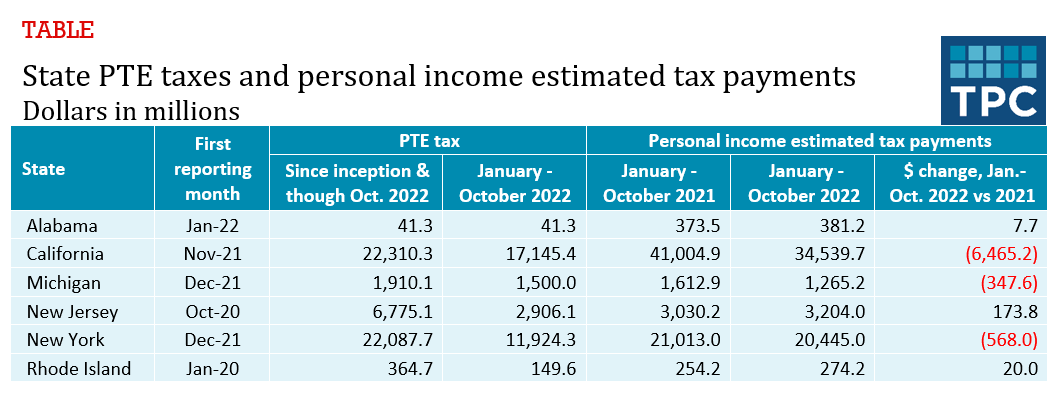More Changes to Abortion Laws on Tap for 2023
The U.S. Supreme Court decision last year in Dobbs v. Jackson Women’s Health Organization overturning Roe v. Wade led to a tsunami of new state legislation aimed to further restrict or protect the procedure. In 2022, 15 states enacted laws relating to abortion, with nine states restricting access to some degree and six expanding it. Though legislative sessions have just begun in 2023, a new wave of proposed legislation is already on shore.
Abortion Restrictions
According to the Guttmacher Institute, 44 states have time thresholds after which an abortion cannot be performed, with 12 now banning the procedure entirely. Despite these restrictions, many state lawmakers are seeking to further restrict or ban entirely access to abortion services. Indeed, new proposed restrictions have been introduced already this year on both the federal and state level.
The U.S. House of Representatives passed a bill last week requiring health care providers to attempt to preserve the life of an infant born alive during or after an attempted abortion. While the Senate is not expected to take up the bill, the early action signals that additional restrictive legislation is likely to be introduced by the new GOP-led House majority.
In Idaho, State Sen. Scott Herndon proposed a bill that would eliminate the rape and incest exceptions to the state’s already restrictive abortion law, leaving only an exception to protect the life of the mother. While the bill has yet to advance to a hearing, it will likely not be the only abortion restriction introduced this year.
In Nebraska, an abortion bill introduced by State Sen. Joni Albrecht would ban abortion once cardiac activity is detected in an embryo, usually around six weeks into pregnancy. The current cut off in the state is 20 weeks. While the “Nebraska Heartbeat Act” proposes no criminal penalties, doctors who perform abortions past six weeks could lose their medical licenses.
Oklahoma State Sen. Warren Hamilton is sponsoring a bill to amend abortion restrictions by eliminating language that clarifies that pregnant people can’t be prosecuted for obtaining an abortion. Under the bill, pregnant people could be convicted of a felony if they induce an abortion, whether the abortion happened in a medical facility or at home via medication.
In Virginia, Republican Del. Kathy Byron and Republican Sen. Stephen Newman proposed a bill last week that would ban abortions after 15 weeks. The likelihood of the bill passing may be slim, since Democrats have a majority in the Senate.
Abortion Protections
While many states are moving to restrict abortion, some states are contemplating bills that protect or expand abortion access.
In Michigan, a proposed bill would amend a section of the state’s criminal code, that makes abortion a felony except to save the mother’s life. While Proposition 3’s passage in November’s election led to a constitutional amendment enshrining abortion rights in the state constitution last year,, the legislature wants the criminal punishment repealed. Additionally, a bill introduced by Sen. Erika Geiss would repeal a similar ban on birth control and abortion medications.
Minnesota’s state legislature will vote this week on the PRO Act (Protect Reproductive Options). The bill would guarantee the right to an abortion and other reproductive health care, including fertility care and birth control. A 1995 Minnesota Supreme Court decision determined that abortion was protected under the state constitution, but the bill enshrines the right in state law, acting as a bulwark against further erosion by the courts in the future.
Clarification Bills
Some states that have already enacted restrictions on abortion following the Dobbs decision are seeking to clarify language because of concerns that existing language could have unintended consequences.
For example, in North Dakota, where a ban on abortions has been blocked by a court ruling, rape and incest are exceptions to the ban. Lawmakers have proposed a bill to clarify that doctors do not have to prove that rape or incest was the reason for an abortion, but that the burden is on the state. The bill also clarifies that doctors are allowed to use abortion to treat ectopic pregnancies, which occur when a fertilized egg is outside the uterus – a condition that can lead to serious injury or death.
What To Expect Going Forward
Abortion laws will continue to be a hot topic this year as states attempt to solidify their positions post-Roe. Debate within the states is the expected consequence of overturning federal constitutional protections for the procedure.
Related Resources:
You Don’t Have To Solve This on Your Own – Get a Lawyer’s Help
Meeting with a lawyer can help you understand your options and how to best protect your rights. Visit our attorney directory to find a lawyer near you who can help.






